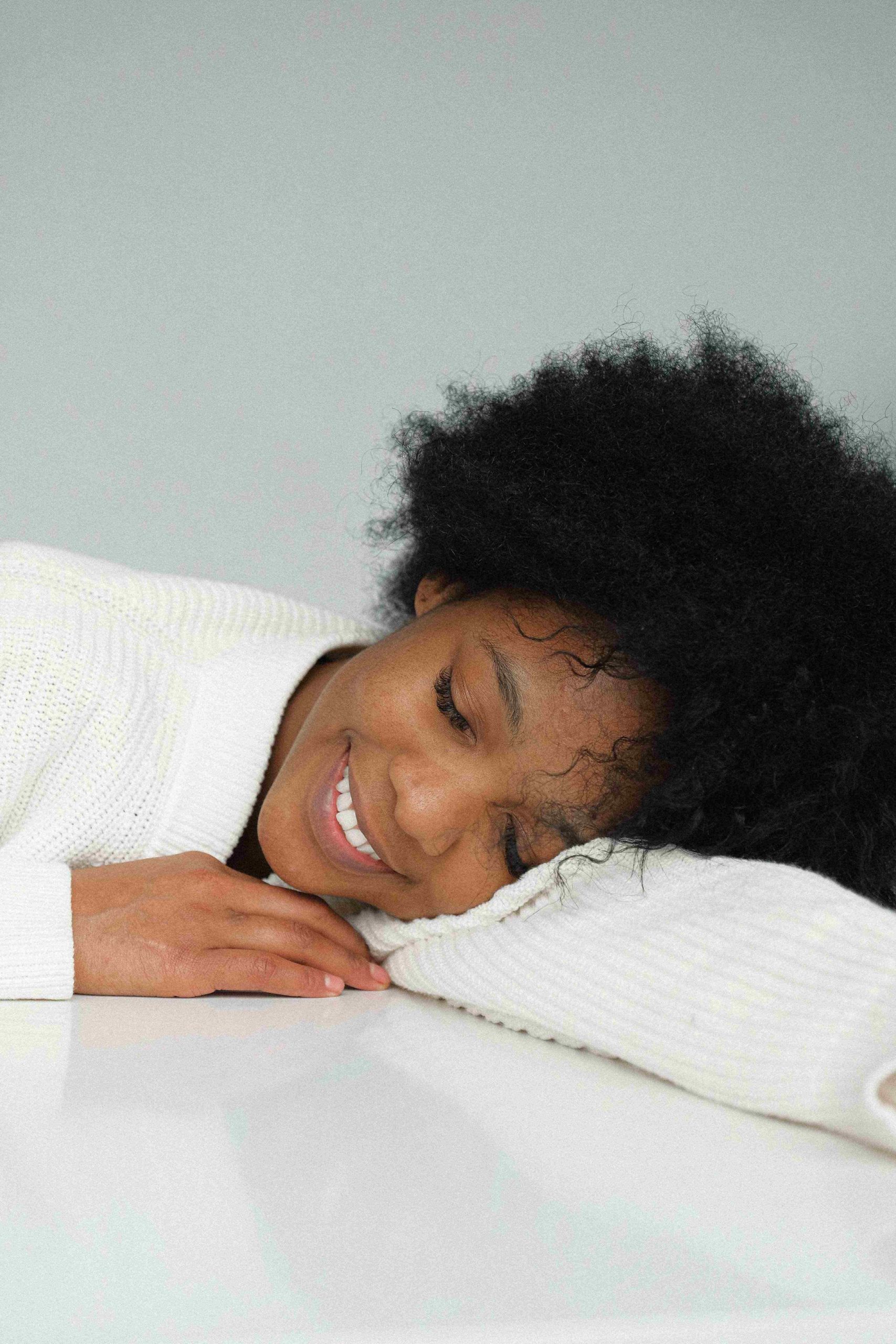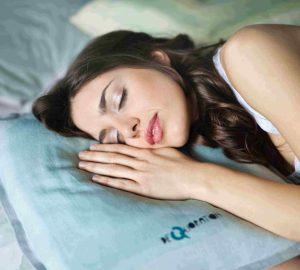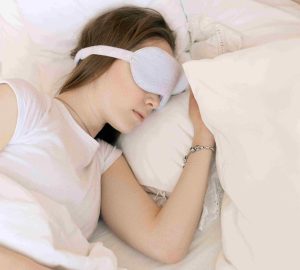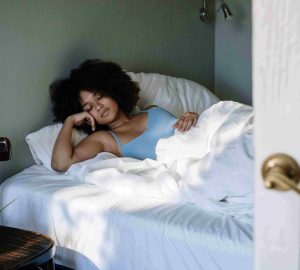You need sleep, but sleep apnea can make quality sleep almost impossible to achieve. This article will provide you with sleep apnea advice to help you get a better night’s sleep.
Try losing a few pounds, if you suffer from chronic sleep apnea. Controlled studies have proven that people with this sleep disturbance benefit greatly after losing 20 or more pounds. Symptoms may even diminish completely, so you now have yet another reason to get your weight down to a healthier number!
Improve your sleep apnea by slimming down a bit. Recent research showed dramatic improvements in overweight men who shed 25 pounds over a period of one year to reduce sleep apnea symptoms. In some cases, the weight loss resulted in a cure of sleep apnea where no further treatment of the condition was necessary.
Some people have problems using the CPAP machine to deal with their sleep apnea. The best advice is to stick with it. It is not a cure, but it does treat your sleep apnea. If you stop using it, you still have sleep apnea, so you need to keep using the machine regularly.
Start sleeping on your side. When you sleep on your back and have sleep apnea, your airway gets block by your tongue and throat tissues. To avoid rolling onto your back once you are asleep, try sleeping with pillows cushioning your side. This helps prevent you from turning onto your back.
There are known risk factors for sleep apnea. Some of obstructive sleep apnea risk factors are being overweight, a smoker, male, related to someone with sleep apnea or being Hispanic, Black, or a Pacific Islander. If you have one or more of these risk factors, you are more prone to being diagnosed with sleep apnea.
If you are using a CPAP, always have a medical ID on you. If you are in need of medical attention, it is important that the people helping you realize you have sleep apnea and use CPAP therapy. Your ID should clearly inform medical personnel of your sleep apnea condition. Include the fact that you’re using a CPAP machine and indicate the proper pressure level it operates at.
If you are concerned your snoring may be sleep apnea, try keeping a sleep diary. You would keep a record of the hours you sleep, how many times you wake at night, and whether you feel refreshed the next day. Also, if you have a bedmate, ask them if your snoring is loud and frequent and if you exhibit any gasping or choking sounds.
A proven tip to reducing and preventing sleep apnea is to try sleeping on your side. You should avoid sleeping with your face up on your back. Gravity will cause the tongue and tissues in your neck fall back and block your airways. So sleep on your side for a better nights sleep.
Not getting enough sleep can ruin your life, and maybe end it. You need to address your problems immediately for your health and well-being. You need your rest. Life is hard, and being sleep deprived makes it even harder.






